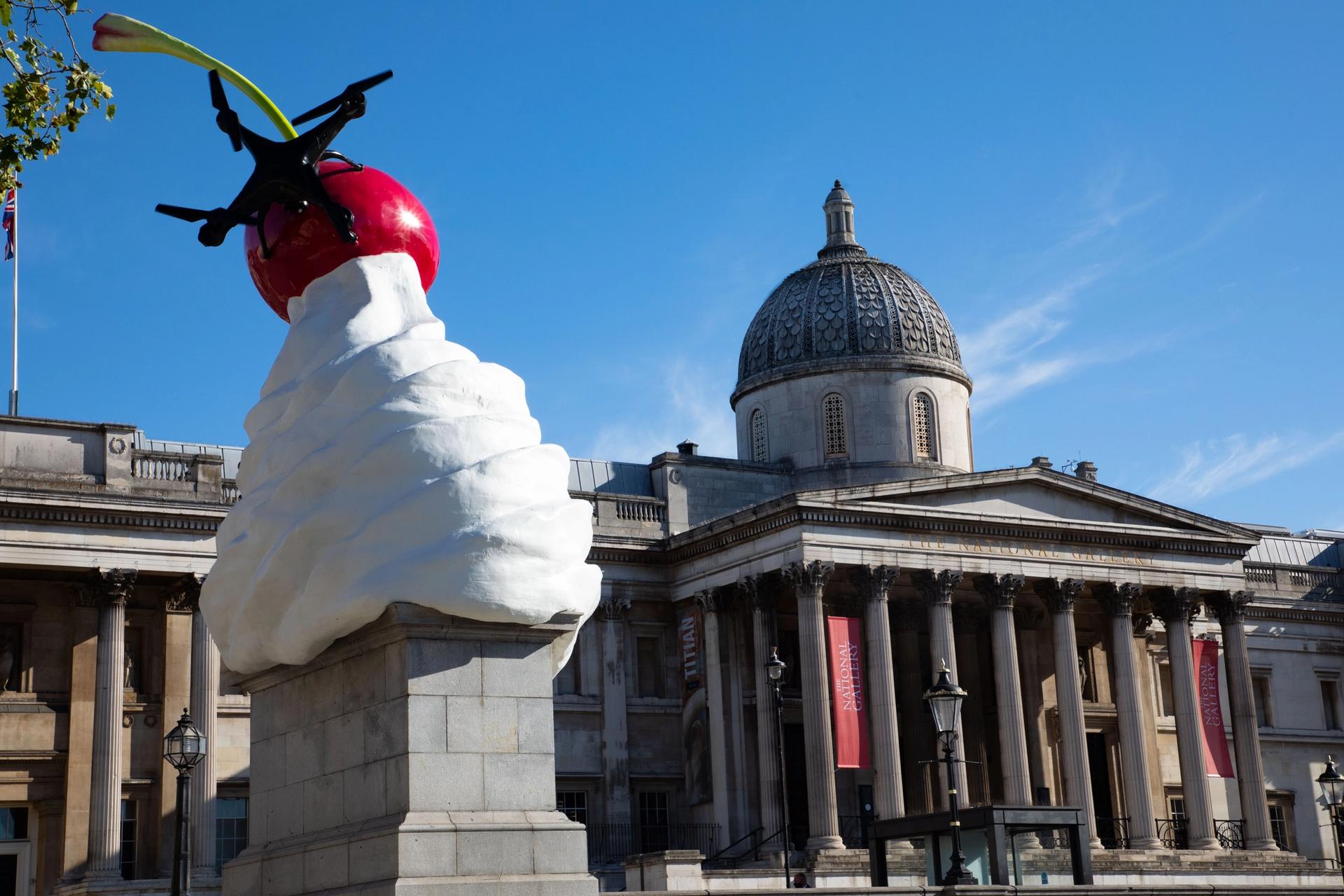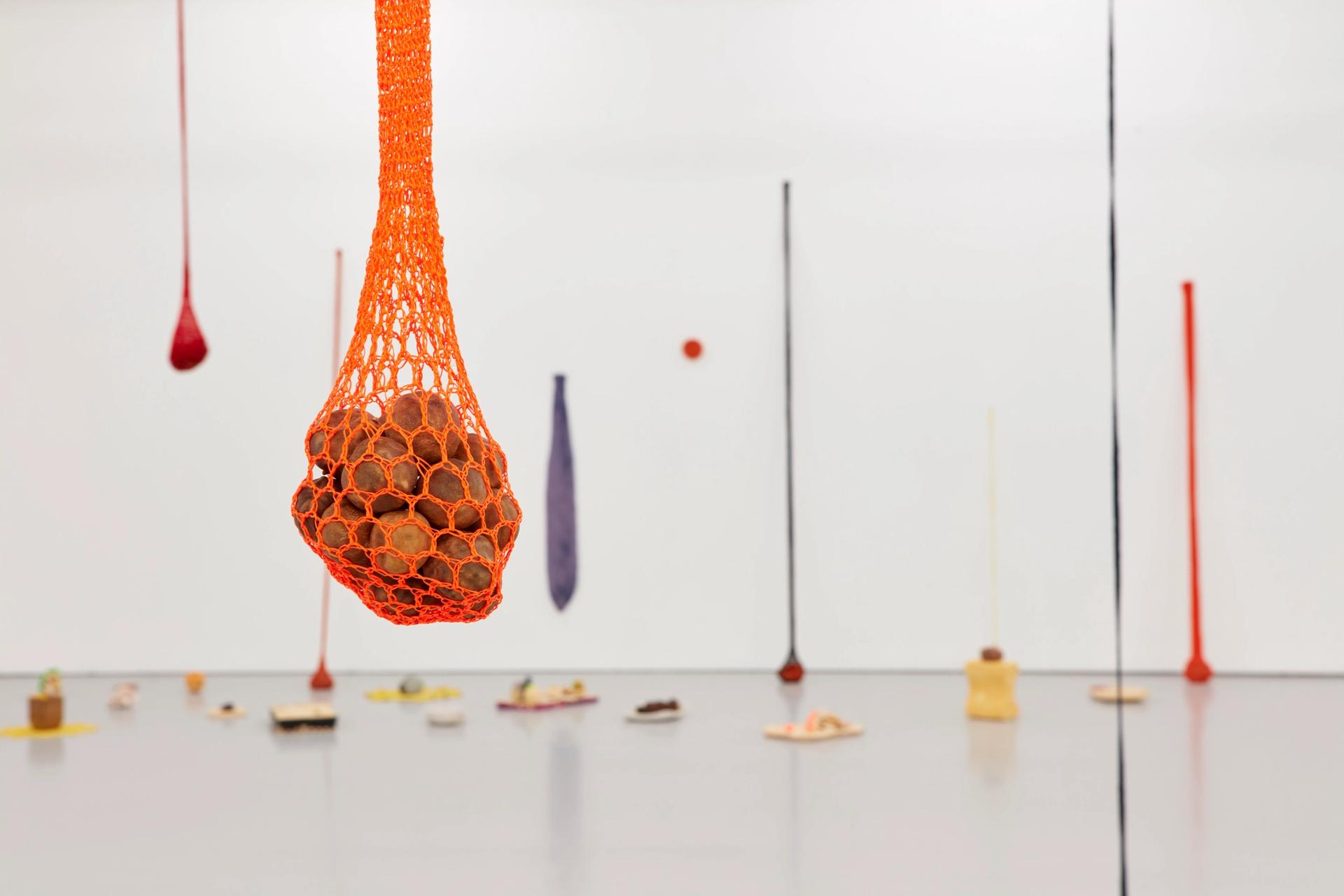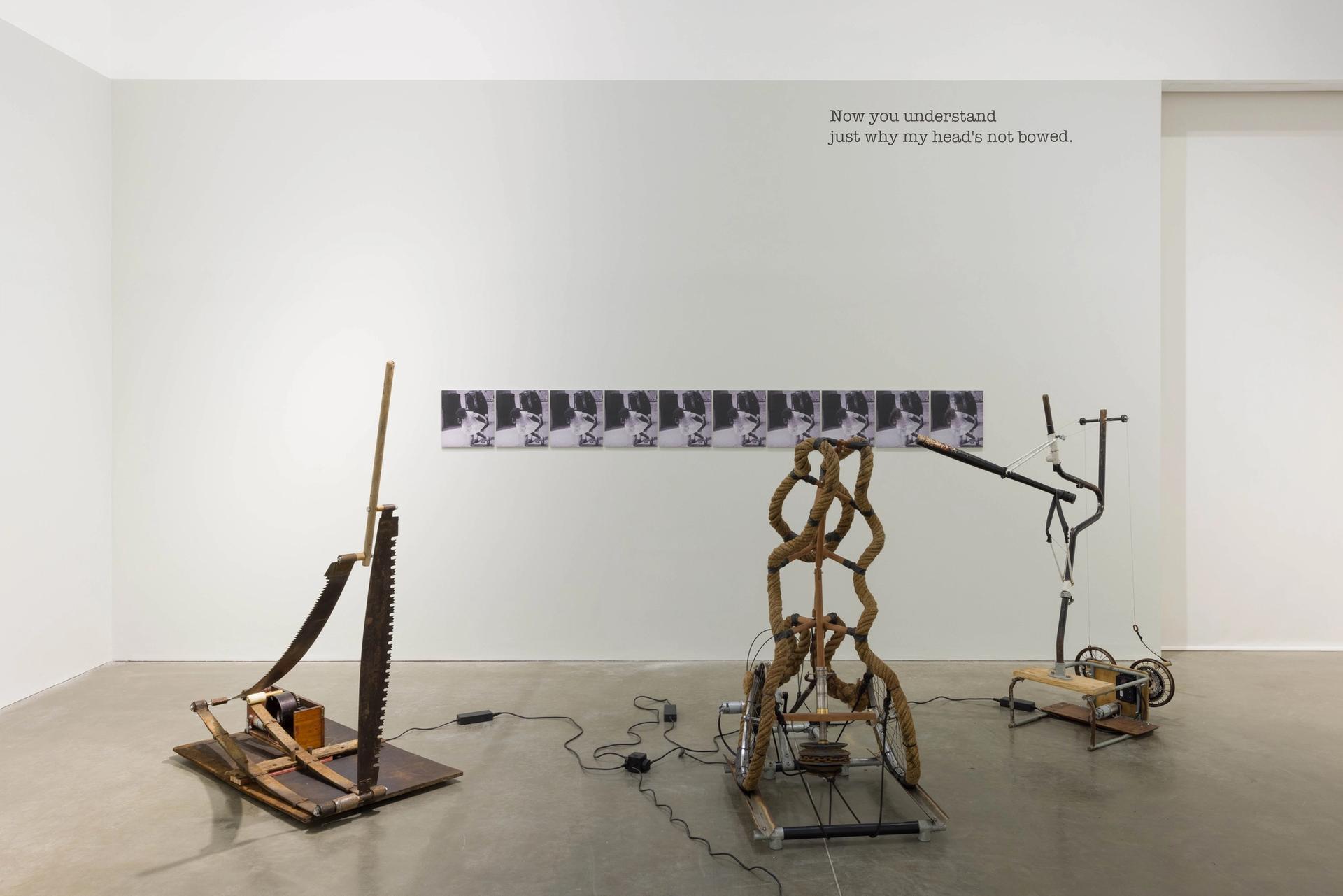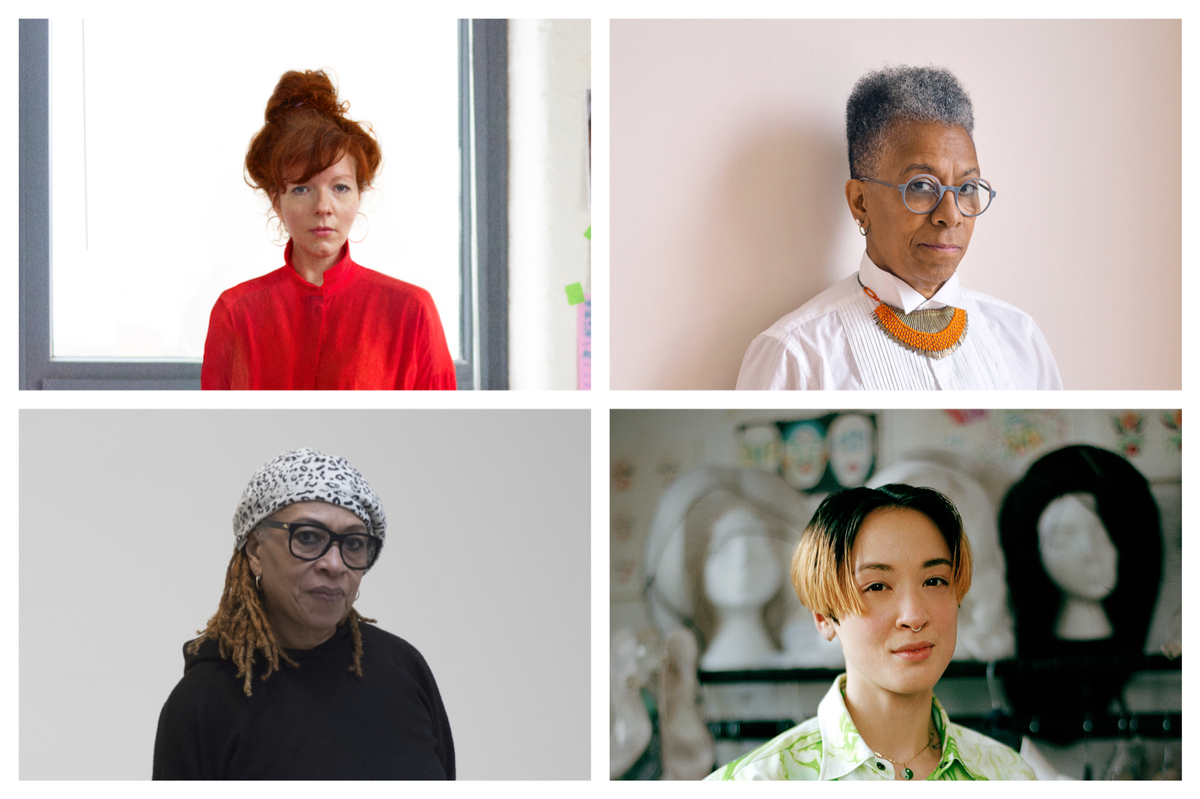The nominees for the 2022 Turner Prize include Veronica Ryan, who created the Hackney Windrush commission in London, and Heather Phillipson whose Fourth Plinth commission in Trafalgar Square—a swirl of whipped cream topped with a drone—is still turning heads. The other nominees are the Black British photographer Ingrid Pollard and Sin Wai Kin (formerly Victoria Sin) who identifies as non-binary. The prize returns to Tate Liverpool this year (20 October-19 March 2023) after a 15-year hiatus.

Heather Phillipson's THE END (2017) © David Parry/PA Wire
Phillipson’s subversive work on the Fourth Plinth, THE END (2017), is the 13th piece to be commissioned for the prestigious public art platform located in the heart of London. “I wanted to make my own news. I wanted to make a monument to hubris and impending collapse,” she told the Financial Times. Last year Phillipson reimagined the Duveen Galleries at Tate Britain as a sequence of “charged ecosystems, maladaptive seasons and unearthed lifeforms”. She discussed her recent maximalist exhibition at Tate on The Week in Art podcast.

Installation view of Veronica Ryan's Along a Spectrum (2021) at Spike Island, Bristol Commissioned by Spike Island, Bristol and supported by Freelands Foundation. Photo: Max McClure. © Veronica Ryan. Courtesy of Spike Island, Bristol, Paula Cooper Gallery, New York and Alison Jacques, London
Veronica Ryan has worked with tropical fruit, feathers and dust, dyeing and embroidering a wide variety of fabrics, casting works in plaster, bronze and clay. After a number of high-profile shows in the 1980s and early 1990s, she went off the art world radar however. In an interview with The Art Newspaper last year, Ryan said: “Although I didn’t finish my MPhil at Soas [the School of Oriental and African Studies in London] I’m interested in archaeology and anthropology, thinking about early cultures and the creative ways that people have always needed to express themselves and I see my work as a continuation of that.” She is nominated for her solo exhibition Along a Spectrum at Spike Island, Bristol, last year.

A still from Sin Wai Kin's video It’s Always You (2021) Courtesy of the artist and Blindspot Gallery
The Canadian-born artist Sin Wai Kin was nominated following their participation in the British Art Show 9 (BAS9) and their solo presentation at Blindspot Gallery, Frieze London, last year. “The jury highlighted their film Dream of Wholeness in Parts (2021) in which traditional Chinese philosophy and dramaturgy intersects with contemporary drag, music and poetry,” a Tate statement says. “Through parody, the artist reveals and interrogates constructed images of idealised Western femininity. In recent years, their drag aesthetic has drawn upon roles found in Peking and Cantonese Opera,” a statement from BAS9 says.

Installation view of Ingrid Pollard's Carbon Slowly Turning at MK Gallery Photo: Rob Harris
Ingrid Pollard was nominated for her solo exhibition last year, Carbon Slowly Turning, at MK Gallery, Milton Keynes. A key figure in the Black British art movement in the 1980s, and an active member of grassroots campaigns for women’s liberation and LGBTQ rights, Pollard has been making experimental work that explores themes such as race, sexuality and identity for more than 40 years. “She raises questions around Britain’s history, its entanglement with empire, slavery and colonialism, and how the residues of this are still embedded in the landscape today,” the MK Gallery curator Gilane Tawadros said.
The Turner Prize winner is awarded £25,000 with £10,000 going to the other artists shortlisted. The members of the Turner Prize 2022 jury are Irene Aristizábal, the head of Curatorial and Public practice at BALTIC; Christine Eyene, a research fellow at the School of Arts and Media at University College London; Robert Leckie, the director of Spike Island; and Anthony Spira, the director of MK Gallery.
Helen Legg, the director of Tate Liverpool, says in a statement: “The jury has travelled the length and breadth of the country, taking advantage of the easing of lockdown to enjoy the explosion of creativity that has emerged from the pandemic. The result is a diverse group of artists, each with a singular vision, who impressed the judges with the intensity of their presentations, while also dealing with important issues facing our society today.”


